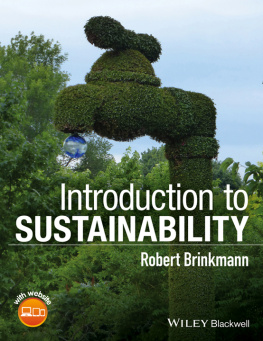Richard Reed - Forest Dwellers, Forest Protectors: Indigenous Models for International Development
Here you can read online Richard Reed - Forest Dwellers, Forest Protectors: Indigenous Models for International Development full text of the book (entire story) in english for free. Download pdf and epub, get meaning, cover and reviews about this ebook. year: 2015, publisher: Routledge, genre: Politics. Description of the work, (preface) as well as reviews are available. Best literature library LitArk.com created for fans of good reading and offers a wide selection of genres:
Romance novel
Science fiction
Adventure
Detective
Science
History
Home and family
Prose
Art
Politics
Computer
Non-fiction
Religion
Business
Children
Humor
Choose a favorite category and find really read worthwhile books. Enjoy immersion in the world of imagination, feel the emotions of the characters or learn something new for yourself, make an fascinating discovery.

- Book:Forest Dwellers, Forest Protectors: Indigenous Models for International Development
- Author:
- Publisher:Routledge
- Genre:
- Year:2015
- Rating:3 / 5
- Favourites:Add to favourites
- Your mark:
Forest Dwellers, Forest Protectors: Indigenous Models for International Development: summary, description and annotation
We offer to read an annotation, description, summary or preface (depends on what the author of the book "Forest Dwellers, Forest Protectors: Indigenous Models for International Development" wrote himself). If you haven't found the necessary information about the book — write in the comments, we will try to find it.
The Guarani of Paraguay have survived over four centuries of contact with the commercial system, while keeping in tact their traditions of leadership, religion and kinship. This concise ethnography examines how the Guarani have adapted over time, in concert with Paraguays subtropical forest system.
New To This Edition:
- Expanded historical background and updated demographic information on the Guarani brings the research to the present day (Chapter 1).
- Expands and strengthens the discussion of sustainability to include more recent advances in the concept (Chapter 1), and introduces the idea of subsidy from nature into the discussion of conventional tropical development (Chapter 3).
- Develops the discussion of womens labor in horticulture (Chapter 3).
- Analyzes the effects of indigenous mixed agro-forestry in stemming the high rates of Paraguayan deforestation of the 1990s (Chapter 4).
- Discusses the recent globalization of the yerba mate market, and the economys effecton Paraguays protected areas (Chapter 4).
- Describes Guarani ethnic federations as a means to engage the national and international political institutions (Chapter 4).
- Explores the rapid growth in Guarani population in native communities, which results from lower infant mortality, more land pressure and more reliable census data (Chapter 4).
This brief introductory text makes the ideal supplementary text for students of anthropology.
Richard Reed: author's other books
Who wrote Forest Dwellers, Forest Protectors: Indigenous Models for International Development? Find out the surname, the name of the author of the book and a list of all author's works by series.










